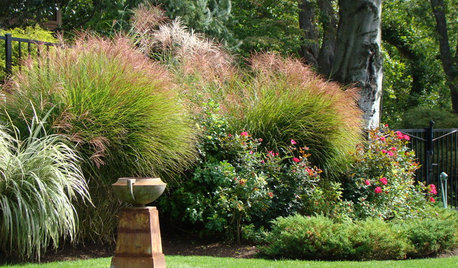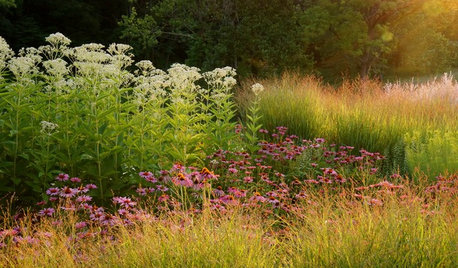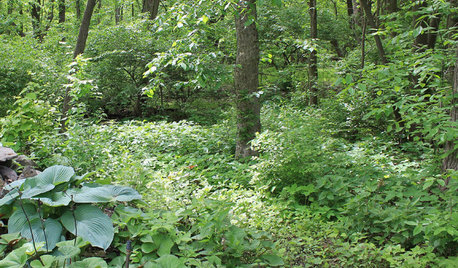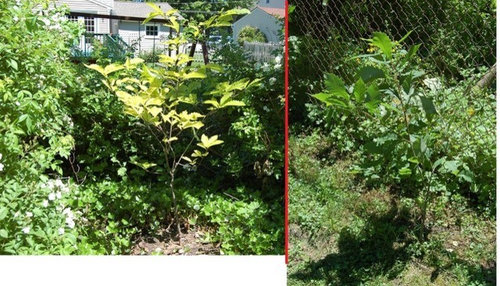Vines killing my sapling Chestnut Oak
pittsfordnygardener
10 years ago
Related Stories

EDIBLE GARDENSSummer Crops: How to Grow Tomatoes
Plant tomato seedlings in spring for one of the best tastes of summer, fresh from your backyard
Full Story
LANDSCAPE DESIGNThe 7 Best Plant Types for Creating Privacy and How to Use Them
Follow these tips for using different kinds of plants as living privacy screens
Full Story
LANDSCAPE DESIGNGet Along With Less Lawn — Ideas to Save Water and Effort
Ditch the mower and lower your water bill while creating a feast for the eyes with diverse plantings and gathering places
Full Story
GARDENING FOR BUTTERFLIESGarden for Wildlife to Reap Rich Rewards
When you plant with animals and insects in mind, you make gardening easier, the planet healthier and yourself more present
Full Story
KITCHEN DESIGNWhat to Know About Using Reclaimed Wood in the Kitchen
One-of-a-kind lumber warms a room and adds age and interest
Full Story
LANDSCAPE DESIGNGarden Overhaul: Which Plants Should Stay, Which Should Go?
Learning how to inventory your plants is the first step in dealing with an overgrown landscape
Full Story







flora_uk
mad_gallica (z5 Eastern NY)
Related Professionals
Bound Brook Landscape Contractors · Eureka Landscape Contractors · Gainesville Landscape Contractors · Melrose Park Landscape Contractors · Royal Oak Landscape Contractors · South Lake Tahoe Landscape Contractors · York Landscape Contractors · Lauderdale Lakes Landscape Contractors · San Antonio Siding & Exteriors · Waukegan Siding & Exteriors · Fort Lee Decks, Patios & Outdoor Enclosures · Los Alamitos Decks, Patios & Outdoor Enclosures · Pittsburgh Decks, Patios & Outdoor Enclosures · Woodland Hills Decks, Patios & Outdoor Enclosures · Genesee Stone, Pavers & Concretegreenthumbzdude
bengz6westmd
hairmetal4ever
pittsfordnygardenerOriginal Author
flora_uk
Iris GW
lisanti07028
pittsfordnygardenerOriginal Author
flora_uk
Toronado3800 Zone 6 St Louis
nandina
pittsfordnygardenerOriginal Author